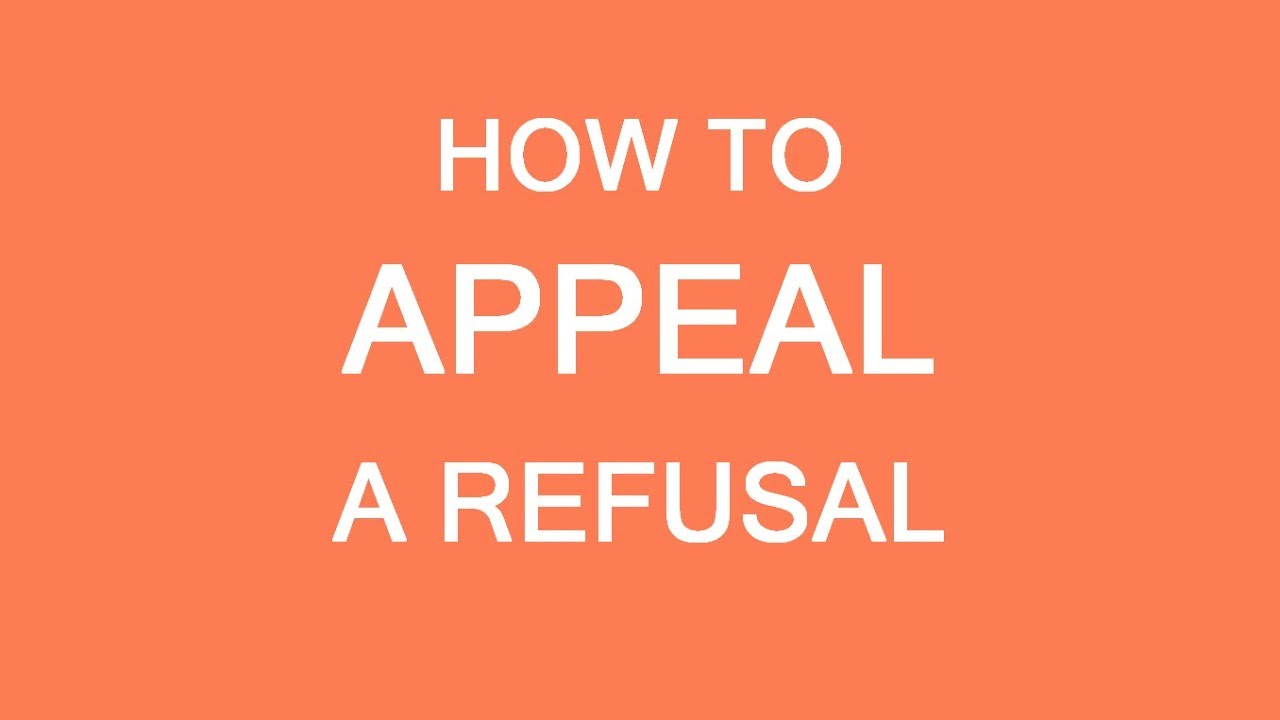Finding a reliable and authorized immigration representative Canada is a critical step for anyone navigating the country’s immigration process. The reality is, Canada’s immigration system is complex, and many people seek professional help to ensure their application is complete and correct. But with so many people offering services, how can you be sure you’re dealing with a legitimate professional and not a scammer? This article will show you exactly how to check if your immigration representative Canada is authorized and what you need to look out for.
The Golden Rule: Only Authorized Professionals Can Charge a Fee
Canada’s Immigration and Refugee Protection Act (IRPA) is very clear about who can legally represent an immigration client for a fee. According to Section 91 of the IRPA, only three types of professionals are authorized to charge a fee to represent or advise someone on an immigration application:
- Regulated Canadian Immigration Consultants (RCICs): These are members in good standing with the College of Immigration and Citizenship Consultants (CICC).
- Lawyers and Paralegals: These must be members in good standing with a Canadian provincial or territorial law society.
- Notaries: These professionals must be members in good standing with the Chambre des notaires du Québec (Quebec’s Chamber of Notaries).
If someone who is not one of these three professionals asks you for a fee to help with your Canadian immigration application, they are acting illegally. This is a big red flag and a sign you should walk away.
How to Verify an Immigration Representative Canada
Verifying your immigration representative is a simple but essential step that takes only a few minutes. The process depends on what type of professional they claim to be.
Step-by-Step Guide for Verifying an RCIC
If your immigration representative Canada is an RCIC, they are regulated by the College of Immigration and Citizenship Consultants (CICC). The CICC has a public register you can use to check their status.
- Visit the CICC Public Register: Go directly to the official CICC website and find their public register. Be careful not to use a fake website that looks similar. The real website is college-ic.ca.
- Enter Their Information: You can search for the representative by their name, company name, or their unique CICC membership ID number. It’s always a good idea to ask for their membership number directly.
- Check Their Status: Once you find their profile, look at the “Entitled to Practise” column. It should say “Yes.” If it says “No” or they are not listed at all, they are not authorized to practice.
- Verify Contact Information: Cross-reference the contact details on the CICC public register with the contact information they’ve given you. This helps ensure they’re not impersonating a real RCIC.
Pro Tip: Don’t just rely on a screenshot or a picture of an ID card they send you. Scammers can easily fake these things. Always perform the search yourself on the official CICC website.
Verifying a Lawyer or Notary
If your representative is a lawyer, paralegal, or notary, you need to check their status with their respective provincial or territorial professional body.
- Lawyers and Paralegals: Each Canadian province and territory has its own law society. You can find a list of these societies on the Government of Canada website. Most law societies have an online “Find a Lawyer” or “Member Directory” tool. For example, if your lawyer is in Ontario, you’d search the Law Society of Ontario’s directory.
- Notaries (in Quebec): Notaries in Quebec are regulated by the Chambre des notaires du Québec. They have a public directory on their website where you can confirm a notary’s membership status.
Just like with RCICs, you should always double-check that the lawyer or notary is in “good standing.” This means they are currently authorized to practice and have not been suspended or disbarred.
Dangers of Using an Unauthorized Representative
Using an unauthorized immigration representative Canada can be very risky. Here are some of the potential dangers:
- Financial Loss: They could take your money and disappear without doing any work. Since they aren’t regulated, there’s no way to get your money back through a formal complaint process.
- Incorrect Advice: They might give you wrong or outdated advice, leading to a rejected application. This could ruin your chances of immigrating to Canada.
- Identity Theft: You are giving them your personal and financial information. An unauthorized representative could steal your identity or misuse your data.
- Legal Trouble: If they submit fraudulent documents on your behalf, you could be barred from entering Canada for up to five years, even if you didn’t know they were fake.
An unauthorized practice is also a serious crime in Canada. According to the CICC, illegal practitioners, also known as “ghost consultants,” can face heavy fines and even jail time.
Infographic-Style Explanation: The Authorized Representative Checklist
Here’s a simple checklist you can use to protect yourself and ensure your immigration representative Canada is legitimate.
The Authorized Representative Checklist
1. Ask for Credentials: * RCIC: Ask for their CICC membership ID number (starts with ‘R’).
- Lawyer/Paralegal: Ask for the name of their provincial law society and their bar number.
- Notary: Ask for their Chambre des notaires du Québec membership number.
2. Search the Official Directory: * RCIC: Use the official CICC Public Register.
- Lawyer/Paralegal: Use the online directory of their specific provincial or territorial law society.
- Notary: Use the directory on the Chambre des notaires du Québec website.
3. Check Their Status: * Do they show up on the list?
- Is their status listed as “in good standing” or “entitled to practise”?
- Do their contact details match?
4. Look for Other Red Flags: * Do they promise guaranteed results? (No one can guarantee an application’s success.)
- Do they ask you to pay via an unsecured method like a wire transfer or an app like WhatsApp?
- Do they tell you to lie on your application?
- Do they operate from an unprofessional-looking office or only through a generic email address (e.g., Gmail, Yahoo)?
If you answer “no” to any of the green checks or “yes” to any of the red checks, you should be very cautious and consider finding a new representative.
A Quick Expert Insight
“I’ve seen firsthand the devastating consequences of working with unauthorized consultants,” says an expert immigration representative Canada. “People lose their life savings and their chance at a new life in Canada. Verifying credentials is the single most important thing a person can do to protect themselves. It’s an easy step that can prevent a life-changing mistake.”
This sentiment highlights why taking the time to verify is not just a good idea—it’s a necessity.
Frequently Asked Questions
Q1: Can a friend or family member help me with my application?
Yes, they can. A friend, family member, or a volunteer from a non-profit organization can help you, but they cannot charge you a fee or receive any payment for their help. This includes gifts, favors, or other forms of compensation.
Q2: What about student recruiters or travel agents?
A student or labor recruiter or a travel agent cannot legally provide paid immigration advice unless they are also an authorized RCIC, lawyer, or notary. They can only assist with things like filling out forms or translating documents. Always check their credentials if they offer to do more.
Q3: What should I do if I find an unauthorized representative?
If you suspect someone is acting as an unauthorized immigration representative Canada, you can report them to the College of Immigration and Citizenship Consultants (CICC). The CICC has a special form on their website for reporting unauthorized practitioners. Your report helps protect others from being scammed.
Conclusion: Your Role in Staying Safe
The Canadian government has put strict rules in place to protect you from fraud. It’s your responsibility to use them. Whether you are seeking a Canadian immigration representative for a work permit, study visa, or permanent residency, taking a few minutes to verify their credentials can save you from a lot of trouble and heartbreak.
The process is simple: ask for their credentials and then verify them on the official public registers of the CICC, a provincial law society, or the Chambre des notaires du Québec. Remember, no authorized representative will ever be upset by you doing your due diligence. In fact, a legitimate professional will welcome it, as it shows you are serious about your application and your safety.
Actionable Takeaway: Before you sign any contract or pay any fees, take action now. Go to the CICC website, or the relevant law society site, and search for your potential immigration representative Canada. Your future in Canada may depend on it.
Published on: 20 de August de 2025

Emma Koro
Emma Koro is the founder of ogbeta.ng, a platform built to guide students and young professionals in navigating international opportunities. With a background in public policy and international relations, Emma Koro has spent years helping people secure scholarships, sponsorship visas, and financial planning strategies for studying abroad.
She believes that accessible, accurate information is a powerful tool for change. Her writing combines practical advice with strategic insights, crafted especially for those eager to take bold steps toward education and career development in countries around the world.


